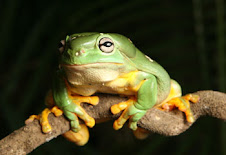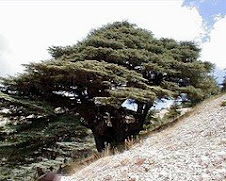
Concerned citizens asked to photograph species
A Masters student at the University of Prince Edward Island has joined a continent-wide project to find native ladybugs, and is asking Islanders to join in the search.
Native ladybugs, or lady beetles as they are properly known, have become increasingly difficult to find in populated areas, as they have been pushed out by imported species. Non-native species are reproducing faster than domestic varieties.
This could mean trouble for urban gardeners trying to deal with aphids.
"Particularly our natives will produce more viable eggs when they're eating the aphid diet," said UPEI Masters student Meagan Marriott.
"The problem with some of our non-natives is that the ones that have established as what they're calling generalists and they can produce viable offspring on a wide range of foods."
Just how serious the problem is is not known. Just because native lady beetles are becoming less common in urban areas doesn't mean their population is dwindling. It is possible they are retreating to wilderness areas.

The Lost Ladybug Project was launched to search for an answer to this question. There are not enough entomologists to cover all the geography scientists are interested in, so they are recruiting citizen scientists to help.
"If we can find out where they are we can try to preserve them," said project co-director of outreach Rebecca Rice Smyth.
"The fact is [non-natives] are dominating habitats now. The more dominant those species are, the less diverse the ladybug composition in the habitat becomes. "
The Lost Ladybug Project web site contains information to help people identify different kinds of the beetles, and a tool for uploading pictures they take of them. Those pictures will help researchers determine where the different species of beetles are, and aren't.
While the number of native lady beetles appears to be declining, no species has yet become extinct. Some have been extirpated in parts of Canada.
The Great Ladybug mystery; Lost Ladybug Project info
Source: http://ca.news.yahoo.com/look-ladybugs-researchers-ask-114304450.html












